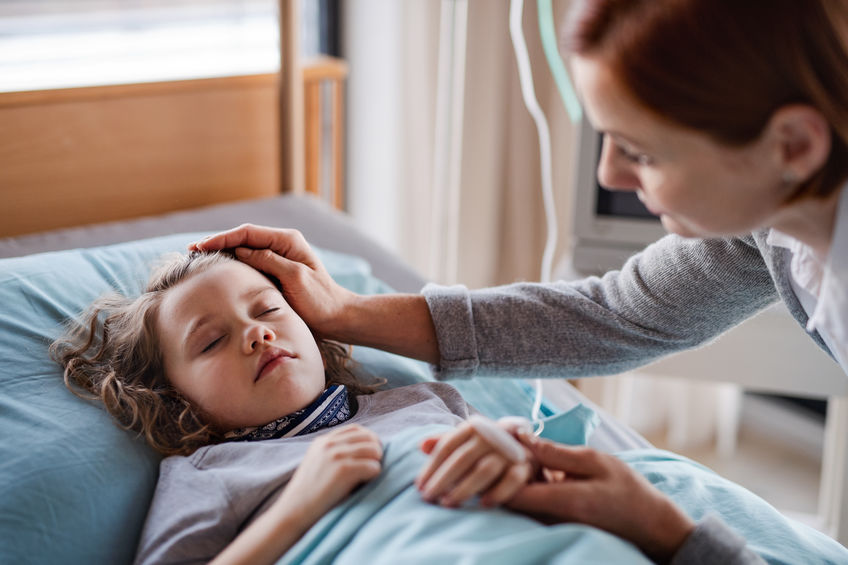
The Challenge of Caring for a Child with a Brain Tumor
“When a child has a brain tumor, it affects the entire family. Emotions can be raw. Stress and anxiety levels rise,” the American Brain Tumor Association says. That’s why programs like the Family Retreats offered by Deliver the Dream, a South Florida charity for children with cancer and other serious conditions and their families, are so very important.
“Though rare, brain tumors are the most common form of solid tumors among children under the age of 14. Childhood tumors frequently appear in different locations and behave differently than brain tumors in adults. Most pediatric brain and spine tumors are primary tumors, meaning they originated in the brain or spine. Treatment options vary and often depend on the child’s age and the type, grade, and location of the tumor,” the ABTA says.
“About 28,000 kids in the United States are fighting brain tumors right now,” the American Brain Tumor Association reports. According to the ABTA, brain tumors are:
- The second most common cancer among children 14 and under.
- The leading cause of cancer-related deaths in children aged 14 and under, outpacing even leukemia according to a 2016 report.
- Will be diagnosed this year in more than 4,600 children and adolescents ranging in age from infants to 19-year-olds.
Where Does It Hurt?
When a child comes home with a scraped knee, wakes up with a sore throat and a fever or breaks an arm playing sports, a parent will usually be there to suffer right along with them. Imagine then what it must be like for a mother or father when a child is diagnosed with a serious illness or life-threatening condition like a brain tumor.
“Difficult times can bring out the best in relationships, but that is not always the case,” the experts at the ABTA say. “A crisis and its aftermath can strain healthy relationships and expose cracks in struggling relationships.”
It’s not just the parents who will find managing their emotions and their relationships to be difficult. “Be aware that problems can also emerge in other family relationships, including those with extended family members, in-laws, and step-families,” the ABTA says. “Each person has a legitimate interest in the child and the child’s treatment, but it can be frustrating and time-consuming to communicate with each of them.”
The family retreats made possible by the charitable donations of people like you who have generously supported the work of our nonprofit charity for children provide structured, therapeutic and family-centered activities that inspire hope, strengthen relationships and change perspectives for families living with the kind of overwhelming challenges faced by parents of children with brain tumors.
Categorised in: Blog
